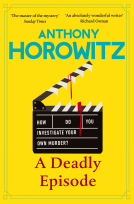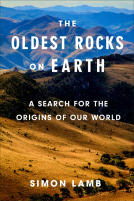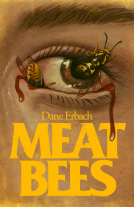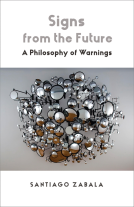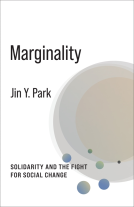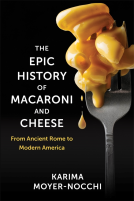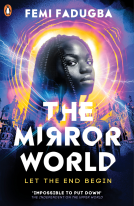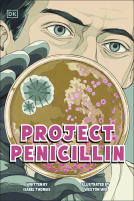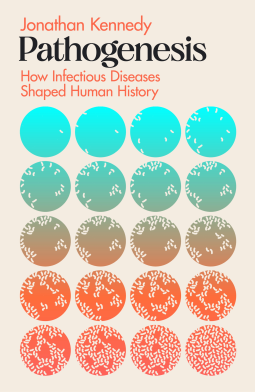
Pathogenesis
How germs made history
by Jonathan Kennedy
This title was previously available on NetGalley and is now archived.
Send NetGalley books directly to your Kindle or Kindle app
1
To read on a Kindle or Kindle app, please add kindle@netgalley.com as an approved email address to receive files in your Amazon account. Click here for step-by-step instructions.
2
Also find your Kindle email address within your Amazon account, and enter it here.
Pub Date 13 Apr 2023 | Archive Date 13 Apr 2023
Talking about this book? Use #Pathogenesis #NetGalley. More hashtag tips!
Description
A BBC RADIO 4 BOOK OF THE WEEK
A TIMES SCIENCE BOOK OF THE YEAR
A SUNDAY TIMES SCIENCE BOOK OF THE YEAR
'Powerfully argued... Fascinating and pacy' Sunday Times, Book of the Week
'Superbly written... sure to please readers of Yuval Noah Harari or Rutger Bregman' The Times
'Full of amazing facts' Observer
'The book shines when it brings cutting-edge science to bear' Financial Times
'A dizzying range of material' The Economist
'A humbling story for humankind' Spectator
Challenges some of the greatest cliches about colonialism... A revelation' SATHNAM SANGHERA
'Thrilling and eye-opening' LEWIS DARTNELL
'Science and history at its best' MARK HONIGSBAUM
'Unpicks everything we thought we knew... Mind blowing' CAL FLYN
In this revelatory book, Dr Jonathan Kennedy argues that germs have shaped humanity at every stage, from the first success of Homo sapiens over the equally intelligent Neanderthals to the fall of Rome and the rise of Islam.
How did an Indonesian volcano help cause the Black Death, setting Europe on the road to capitalism? How could 168 men extract the largest ransom in history from an opposing army of eighty thousand? And why did the Industrial Revolution lead to the birth of the modern welfare state?
The latest science reveals that infectious diseases are not just something that happens to us, but a fundamental part of who we are. Indeed, the only reason humans don't lay eggs is that a virus long ago inserted itself into our DNA, and there are as many bacteria in your body as there are human cells. We have been thinking about the survival of the fittest all wrong: evolution is not simply about human strength and intelligence, but about how we live and thrive in a world dominated by microbes.
By exploring the startling intimacy of our relationship with infectious diseases, Kennedy shows how they have been responsible for some of the seismic revolutions of the past 50,000 years. Provocative and brimming with insight, Pathogenesis transforms our understanding of the human story, revealing how the crisis of a pandemic can offer vital opportunities for change.
Available Editions
| EDITION | Other Format |
| ISBN | 9781911709053 |
| PRICE | £25.00 (GBP) |
| PAGES | 384 |
Available on NetGalley
Average rating from 66 members
Readers who liked this book also liked:
Santiago Zabala
Nonfiction (Adult), Politics & Current Affairs, Religion & Spirituality
Karima Moyer-Nocchi
Cooking, Food & Wine, History, Nonfiction (Adult)
